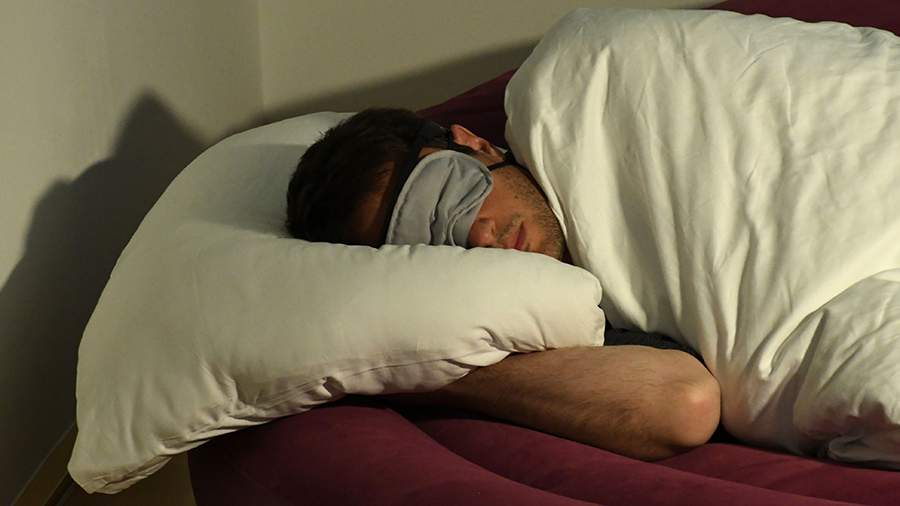The doctor called prophetic dreams self-deception

Prophetic Dreams Day is unofficially celebrated all over the world on March 18. Mikhail Poluektov, a somnologist, head of the Sechenov University Sleep Medicine Department, Candidate of Medical Sciences, told Izvestia if there are prophetic dreams.
People dream during REM sleep, which takes up about 25% of their total rest time. According to the expert, most often prophetic dreams are self—deception or the coincidence of any dreamed details with events that occur later in reality.
The doctor explained that dreams are formed from memories, from different memory variables. In them, a person cannot see what has not happened to him or what he has not encountered before.
"In the waking state, a person builds a picture of the future in his thoughts all the time — this is the usual work of the brain. It allows us to anticipate any events and avoid undesirable situations in the future. Thanks to the new information coming from the senses, this picture of the future — the forecast of events that have not yet occurred - is constantly changing and being clarified. Dreams are made only of memories," Poluektov said.
However, in some cases, so-called dreams-conclusions are possible, the specialist said. They appear when, based on memories of any events, the brain continues to build a picture of the future in a dream. And in some ways it may coincide with what will actually happen.
"The great Russian physiologist Ivan Mikhailovich Sechenov said back in the 19th century that dreams are 'an unprecedented combination of experienced impressions.' All the apparent novelty of dreams comes only from the whimsicality of the combinations that pop up from memory," Poluektov concluded.
Earlier, on March 14, Sergo Tsenteradze, a neurologist and somnologist at the Department of Sleep Medicine at UCB No. 3 of the Sechenov University Clinical Center, told Izvestia that sleep disorders can be a factor provoking depression. He stressed that sleep is essential for the prevention of neurodegenerative diseases. So, even one sleepless night leads to an accelerated accumulation of beta-amyloid in the brain, a protein that plays an important role in the pathogenesis of Alzheimer's disease.
Переведено сервисом «Яндекс Переводчик»
